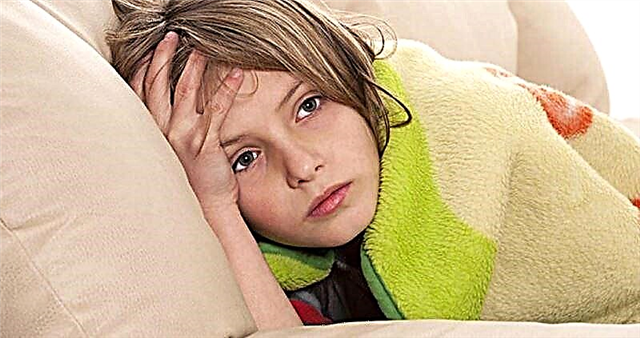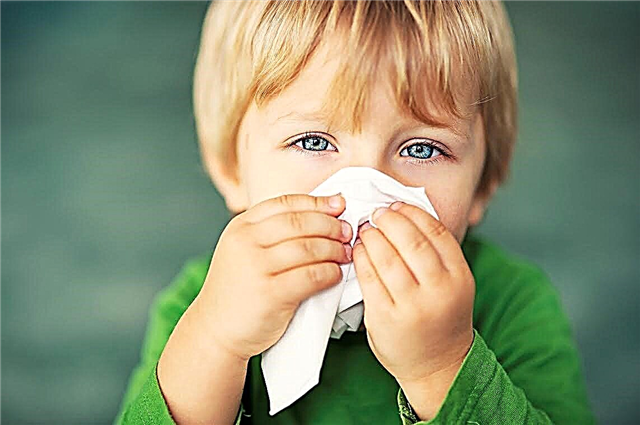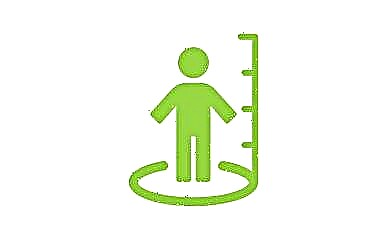
Parents believe that bathing should be a real pleasure for the baby. And in most cases, this is exactly what happens, but it also happens vice versa - the child screams and sobs, resists and does not experience any joy from the bath prepared with love. Not all mums and dads know why a baby cries when or after bathing.
Probable causes
The reasons that force the baby to behave this way and express their protest with all their might are much more than the parents are used to thinking. The good news is that most of the causes can be easily eliminated, and moms and dads have every chance to turn evening water procedures into an exciting and useful activity for the baby.


Cold or hot
A child immersed in water often cries due to physical discomfort. The water is too cold or too hot. The skin of babies is much thinner than that of adults, it protects the body worse from overheating and hypothermia, and therefore some temperature nuances that an adult will not pay special attention to are very noticeable and unpleasant for a baby. Over the years, observing a wide variety of babies has allowed doctors to recommend certain temperature values to parents for comfortable bathing - the water temperature should not exceed 37-38 degrees... If the parents are adherents of the cool bathing technique, which is promoted by Dr. Evgeny Komarovsky, who is popular among mothers, then this is also not a reason to suddenly launch the baby into cold water. The temperature is lowered from 37 degrees gradually, by 1 degree per day. This will allow the child to gradually get used to swimming in water, the temperature of which is only 22-24 degrees.


Pay attention to the difference in temperature in water and air. If the bathroom is too humid and stuffy, if it's too cold, it can be a concern for the child. Try to keep the air no more than 24-25 degrees Celsius.
Close or spacious
Many parents try to transfer their baby to a bath in a large bath at 1-2 months. Not all children are able to adequately perceive too much water. In the mother's womb, for a long time they were in rather cramped conditions, it is very difficult for them to immediately accept a large space. That is why Soviet pediatrics recommended bathing a child in a small baby bath for at least six months. But fashionable and modern pediatricians are not so categorical, and some generally argue that a large space is more useful for a child. If the crumb breaks down and screams immediately after being lowered into the water, this is a reason to try an old method - to wrap a baby in a diaper before diving... This will create a realistic illusion of the familiar tight space for the baby. If that doesn't work, it may be worthwhile to temporarily return to a small bath.


Stress and fear
Stress, which he experienced once while bathing, can cause a child's persistent rejection of water procedures for a long time. Soap could get into the eyes, water could get into the ears and nose - and so on. Despite the fact that the child is still small, he is able to remember such events on a reflex level and react to danger accordingly. Coping with childhood fear is difficult.
To do this, parents will have to systematically teach the child to water, distracting him with bright toys, rubber ducks and everything in which he is interested. To cope with fear is very often helped by special devices for swimming - for example, circles on the neck, which can be used for babies from one month old.

The child not only receives useful physical activity by making swimming movements, but also masters in the water, learns to feel safe in it. Many of these products are equipped with bells and rolling bells, which will additionally create a "distracting" sound background when moving.


Hunger and thirst
Often the baby cries a lot in the bathroom because of the banal feeling of hunger. The universal medical recommendation states that before the evening bathing at the penultimate feeding, the child should be given a smaller amount of food in order to feed him later and send to sleep for a few hours. There is reason and common sense in this. Indeed - a child with a full stomach will just want to sleep, and right in the bathroom. There is an exit. You can not deviate from the doctor's recommendations, but also not starve your baby. To do this, it is enough to give him water 15 minutes before bathing, you can feed him an hour and a half before the start of water procedures. As a last resort, reduce the time spent in the bathroom if the baby categorically rejects the water offered instead of food. Advice on formula or breastfeeding in the bathtub is not adequate.


The child will not eat much in the water, but he will kill his appetite, and in an hour, instead of a restful night's sleep, he will demand a new portion of food from the sleepy mother.
Fatigue
An evening swim is usually preceded by a number of procedures: both massage and air baths. There is nothing surprising in the fact that the incorrectly calculated time allotted by parents for massage and airing takes all the strength from the child. They simply do not remain to calmly survive the water procedures. Therefore, the roar in the bathroom becomes a furious demand for peace. Or rather, food and rest. It is important to remember that evening massage before bathing should not exceed 10-15 minutes for a child, for a newborn and a baby up to 6 months - no more than 5-7 minutes... If the child is still tired, you should shorten the massage time without compromising the bathing time.


Pain
A newborn may cry in the bathroom because of pain. In many babies, it is in the evening hours that intestinal colic and gas formation intensify. The tummy is swollen, as a result of which the baby goes into hysterics. If there are all the symptoms of colic (bloating, a tense stomach, gas discharge, pressing the legs to the tummy and tightly clenched fists), then first you should help the child cope with the symptoms, and only then bathe him. Although many mothers claim that in warm water colic disappears much faster even without dill water. The cause of crying in children over 5 months old may be teething. The child's unpleasant sensations also intensify in the evening, and often during bathing in warm water. To exclude pathologies of the nervous system, which also make the baby unconsciously scream and protest against massage and bathing, you should definitely show the child to a pediatrician who will help find out if the baby has pathological good reasons to cry in the water.


Crying after swimming
After the bath, children cry much more often than in the bath. The reasons are the same. In the room where the baby is taken from a warm bath, it can be too cold, the towel can be very hard and unpleasant, the dressing process can be complicated by colic or cutting teeth.
The most common causes of crying after swimming are hunger and fatigue.
The child's strength is running out, he is hungry. Therefore, evening procedures after the bath should be carried out quickly so that the child does not have to “persuade” mom and dad to feed him and put him to bed for too long.

Some children, after bathing, start shouting to demonstrate their protest against stopping water procedures too early, if the bathing process gives them pleasure.
Recommendations
Parents need to remember the following:
- Learn to evaluate the nature of crying. He can tell a lot and help parents find the true cause. A piercing and harsh cry can speak of pain, plaintive and monotonous - about fatigue, demanding, episodic, in which the baby seems to "shout" - about hunger, inviting - an alarm signal, the child is scared.
- Make sure the water is warm enough the air temperature in the bathroom and bedroom is normal.
- Take rattles and rubber toys in the bathroom.

- Choose a towel that is soft and pleasant to the touch for your baby, so that the baby's skin does not suffer from rough exposure.
- Do all the manipulations with warm hands, children usually do not like the touch of cold fingers.
- Avoid loud noises, screams, sudden movements during and after bathing. Calm and confident movements of mother's hands have an amazing calming effect on the baby.
- Bathe your baby at the same time every day. This must be preceded by the same actions, in a certain strict order (massage, air baths). Then the child can quickly get used to the proposed schedule. Addiction will cause a calmer attitude to water, massage, and evening feeding.
For how to bathe children, see the next video.



